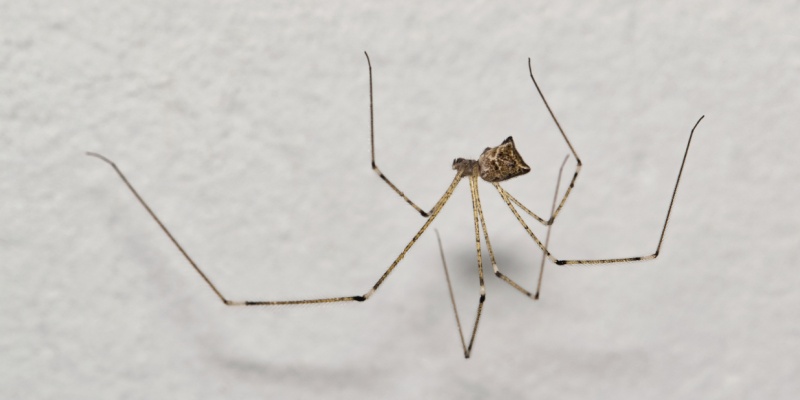Spiders are frequent visitors to homes. Though most are harmless, they can be bothersome and even frightening to some people. If you have a spider problem, you might wonder if you can handle it yourself. This blog will explore effective DIY spider control methods and let you know when it’s best to seek professional help.
Understanding Spiders and Their Behavior
Spiders are beneficial predators that help control other insect populations. However, an abundance of spiders in your home can be unsettling. Understanding their behavior can help you manage them effectively:
- Habitat Preferences: Spiders prefer dark, undisturbed areas such as basements, attics, and closets.
- Food Sources: Spiders feed on other insects, so a spider problem might indicate a larger pest issue.
DIY Methods for Spider Control
Here are some effective steps you can take to manage and prevent spiders in your home:
- Regular Cleaning
- Vacuuming: Regularly vacuum carpets, rugs, and furniture to remove spiders, webs, and egg sacs. Pay special attention to corners, under furniture, and other undisturbed areas.
- Dusting: Keep surfaces dust-free to eliminate hiding spots for spiders.
- Decluttering
- Reduce Clutter: Remove piles of clothes, boxes, and other clutter where spiders can hide. Keeping your home tidy reduces potential spider habitats.
- Sealing Entry Points
- Inspect and Repair: Check for cracks and gaps around windows, doors, and foundations. Use caulk or weatherstripping to seal these entry points and prevent spiders from entering.
- Install Screens: Ensure all windows and doors have screens and repair any damaged ones.
- Natural Repellents
- Essential Oils: Spiders dislike the smell of certain essential oils, such as peppermint, eucalyptus, and lavender. Mix a few drops with water and spray around windows, doors, and other entry points.
- Vinegar: A solution of vinegar and water can also repel spiders. Spray it in areas where spiders are commonly found.
- Outdoor Maintenance
- Yard Clean-Up: Keep your yard free of debris, leaf litter, and wood piles, which can attract spiders. Trim vegetation away from your home’s exterior.
- Reduce Lighting: Outdoor lights attract insects, which in turn attract spiders. Use yellow or sodium vapor light bulbs that are less attractive to insects.
When to Call a Professional
While DIY methods can be effective for minor spider problems, there are situations where professional help is necessary:
- Persistent Infestation: If you’ve tried DIY methods and still see numerous spiders, it may indicate a larger infestation.
- Venomous Spiders: If you suspect or identify venomous spiders like brown recluses or black widows, it’s important to seek professional assistance to ensure safety.
- Extensive Webs and Egg Sacs: Large numbers of webs and egg sacs can indicate a significant spider population that may be difficult to manage on your own.
Benefits of Professional Spider Control
Professional pest control services offer several advantages:
- Expert Knowledge: Pest control technicians can accurately identify the type of spider and the best treatment methods.
- Effective Treatments: Professionals have access to stronger, more effective pesticides and tools that are not available to the general public.
- Long-Term Prevention: In addition to eliminating the current problem, professionals can implement measures to prevent future infestations.
While you can take several effective steps to manage a spider problem on your own, persistent infestations or the presence of venomous spiders warrant professional intervention. Regular cleaning, decluttering, sealing entry points, and using natural repellents can help keep spiders at bay. For more severe cases, hiring a professional pest control service ensures that the problem is addressed thoroughly and safely, providing peace of mind and a spider-free home.

